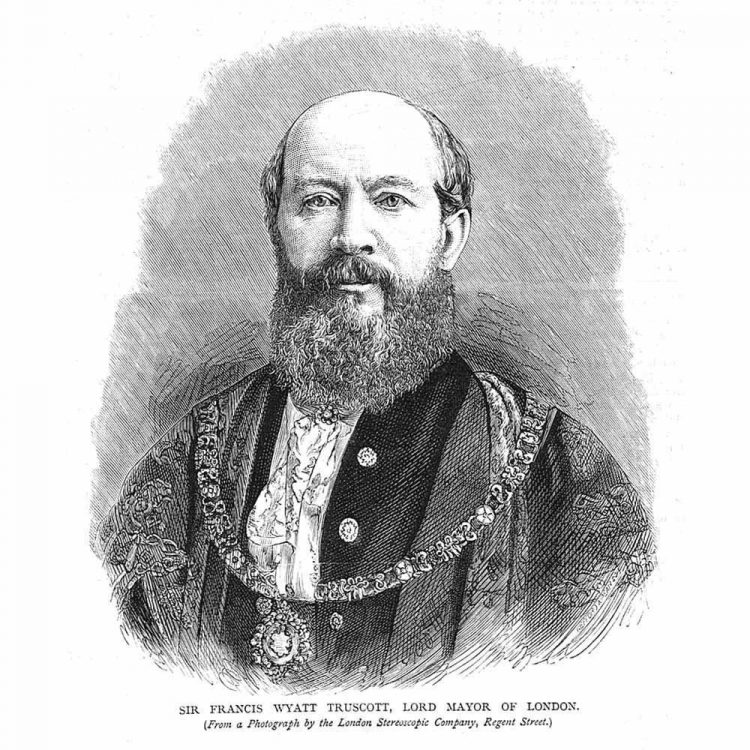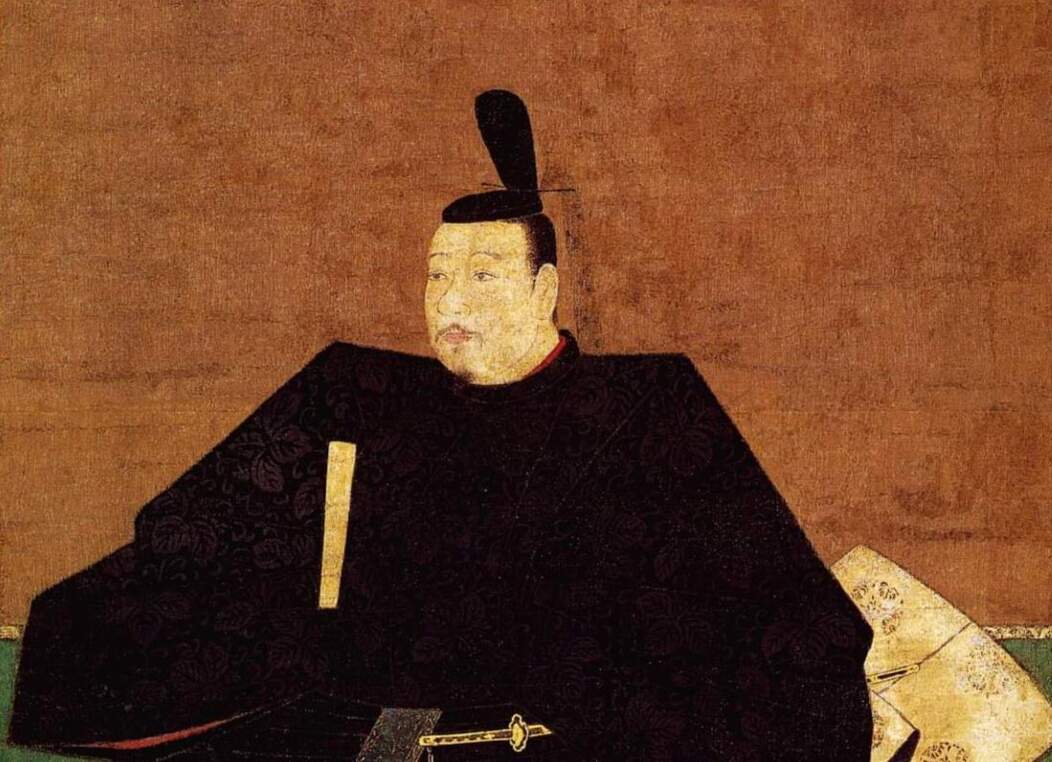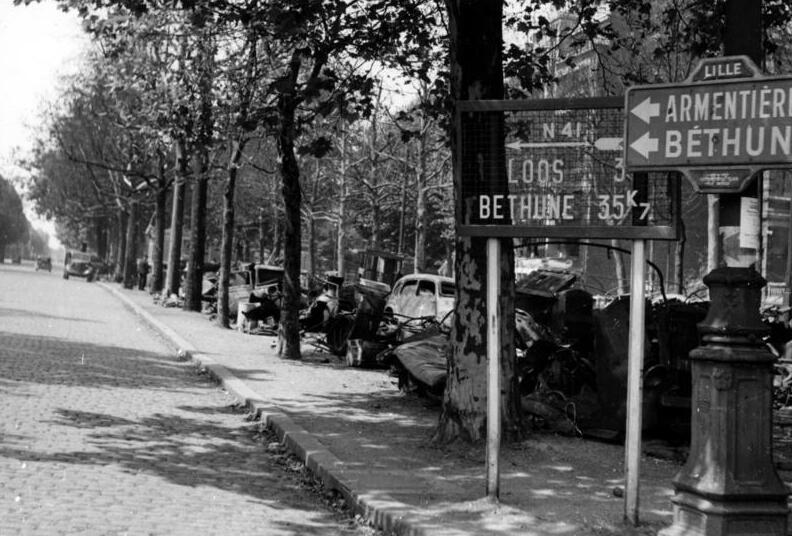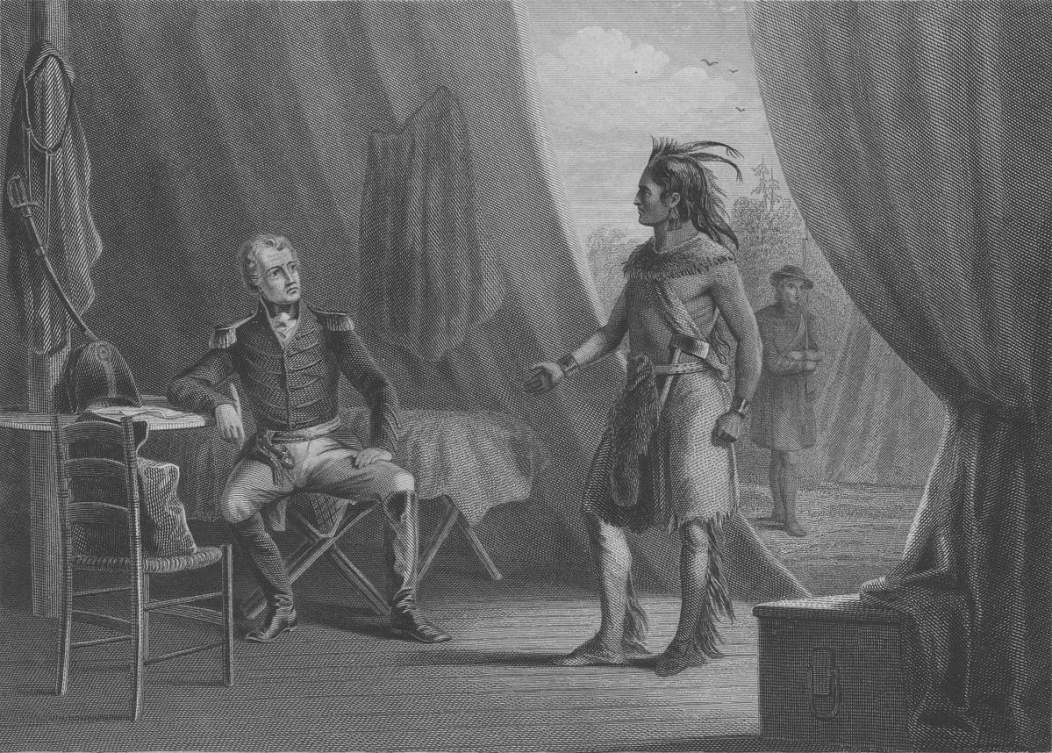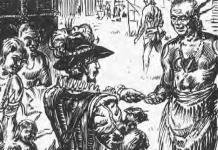Francis Wyatt was born in 1588 and died in 1644 at the age of 56. He was Governor of Virginia (1621–1626, 1639–1641). Francis Wyatt was born in Kent, England, to a prominent family about 1588. Knighted in 1603, he married into a family with strong connections to the Virginia (London) Company.
In 1621, Wyatt’s wife’s uncle appointed him governor of Virginia to succeed Sir George Yardley, and he arrived in Jamestown that same year to undertake his new duties. The privately-owned Virginia Company charged Wyatt with cementing the province’s new governmental structure, which included the right to trial by jury and an elected assembly that met annually. These procedures established a precedent for future English colonies in the New World.
The 1614 marriage between John Rolfe and Pocahontas had finally brought to Virginia a semblance of security. This situation encouraged settlers to spread out over an area stretching more than 100 miles, a process that continued during Wyatt’s first year as governor in 1621. What settlers did not know was that Opechancanough, leader of the Powhatan Confederacy since 1618, was secretly plotting to expel the English from the region. In early 1622, Opechancanough and Wyatt faced off over a minor clash between natives and settlers.
Francis Wyatt refused to apologize or offer concessions for the incident, a stance that deeply offended Opechancanough. Wyatt, however, came out of the confrontation believing that the local natives had renewed their friendship with the English settlers. At noon on March 22, 1622, widespread simultaneous native attacks hit outlying settlements, killing 347 English men, women, and children.
More than one-quarter of Virginia’s total population died within a matter of several hours. On learning of the attacks, Wyatt acted quickly. He ordered most plantations abandoned and concentrated most of the remaining settlers in and around the capital of Jamestown. Opechancanough chose not to move against Jamestown’s strong defenses. With Jamestown secured, Wyatt gathered most of the colony’s able-bodied men and in June 1622 launched the first of several punitive expeditions.
Realizing how difficult it would be to pin down and engage Opechancanough and his warriors, Wyatt instead had his men focus on depriving the natives of the necessities of life. Wyatt ordered his men to kill animals, destroy all food, and take or destroy any items that could aid the natives.
This campaign brought such deprivation to the natives over the ensuing months that in March 1623 a desperate Opechancanough sued for peace. Intent on permanently eliminating the Powhatan threat or even exterminating the Powhatans, Wyatt rejected the overture. Instead, he launched new offensives using men and weapons recently arrived from England. The campaigns against the Powhatans continued until a peace treaty was finally concluded in 1632.
